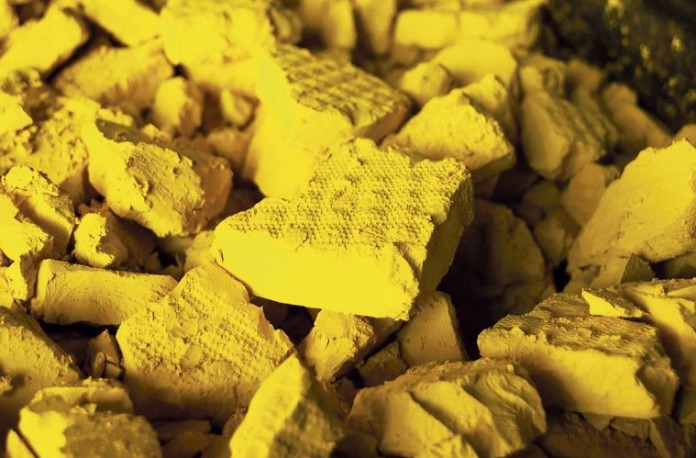
The Kayelekera uranium mine in Malawi – which was one of two African uranium mines owned by ASX-listed Paladin Energy to be shut down in the wake of the Fukushima nuclear disaster in 2011 – could be re-opened because of the recovery in the uranium market.
Paladin sold Kayelekera to ASX-listed Lotus Resources in 2019 for A$5m and is currently in the process of re-opening the uranium mine it retained ownership over which is Langer Heinrich in Namibia.
Paladin built and operated Kayelekera between 2007 and 2014 and produced 10,9m lbs of uranium from it over that period.
Lotus has just released a DFS (definitive feasibility study) which has confirmed that “Kayelekera ranks as one of the lowest capital cost uranium projects globally whilst also having the ability to quickly recommence production – 15 months development for construction/refurbishment – once a final investment decision has been made.”
The study estimated the capital cost of restarting Kayelekera at US$88m and estimated cash costs at $29,1/lb and AISC (all-in sustaining costs) at $36.2/lb for the first seven years of production.
Lotus said it would now work with the Malawian government to secure a Mine Development Agreement while increasing engagement with various nuclear energy utilities to secure offtake agreements in parallel with securing the funding needed for the restart.
The uranium price collapsed after the Fukushima disaster from levels around $69/lb and fell as low as $20/lb by 2017. The price remained depressed for a decade despite repeated predictions from commentators that it would recover rapidly because of “fundamental deficits” in the uranium market.
The uranium price recovered sharply from around $30/lb in 2021 to nearly $60/lb earlier this year in response to the energy crisis triggered by Russia’s invasion of Ukraine before pulling back to current levels around $49/lb.
Paladin – which had benefited hugely from the previous uranium boom – imploded under its debt burden and was saved only through a radical financial restructuring. Founder and CEO John Borshoff stepped down in 2015 and is now CEO of ASX-listed uranium exploration company Deep Yellow which operates in Namibia and Australia.
The Langer Heinrich mine was mothballed in 2018 but in July this year Paladin decided to re-open the mine at a cost of $118m because of “strong uranium market fundamentals” First production is scheduled for the March quarter of 2024.











